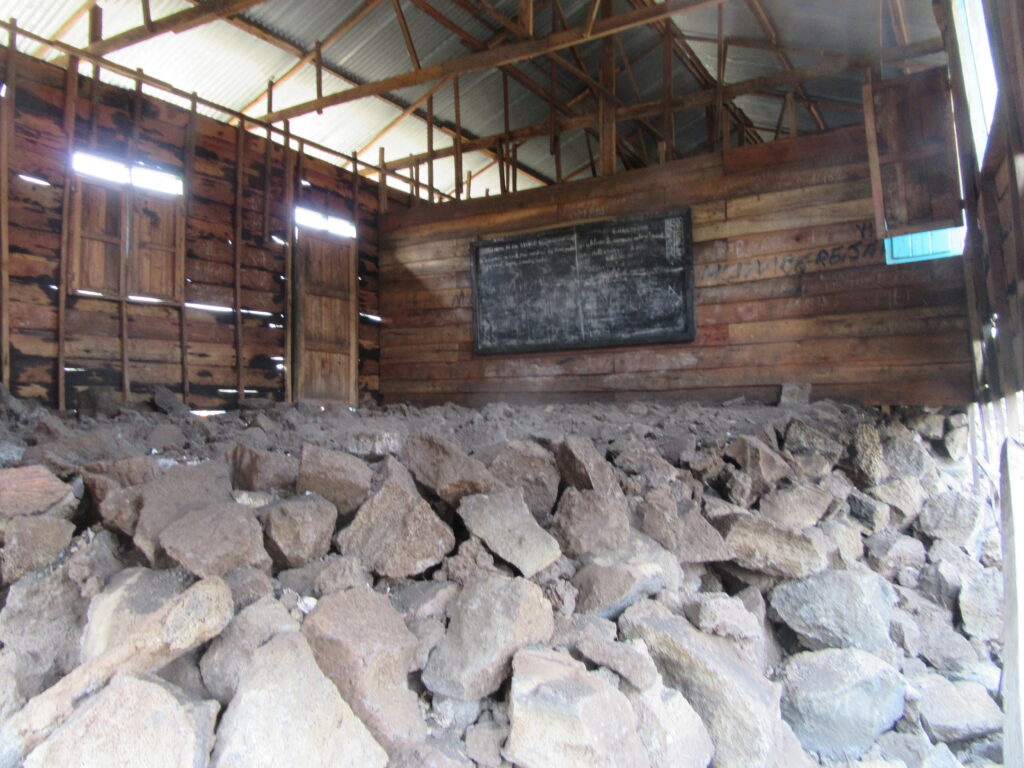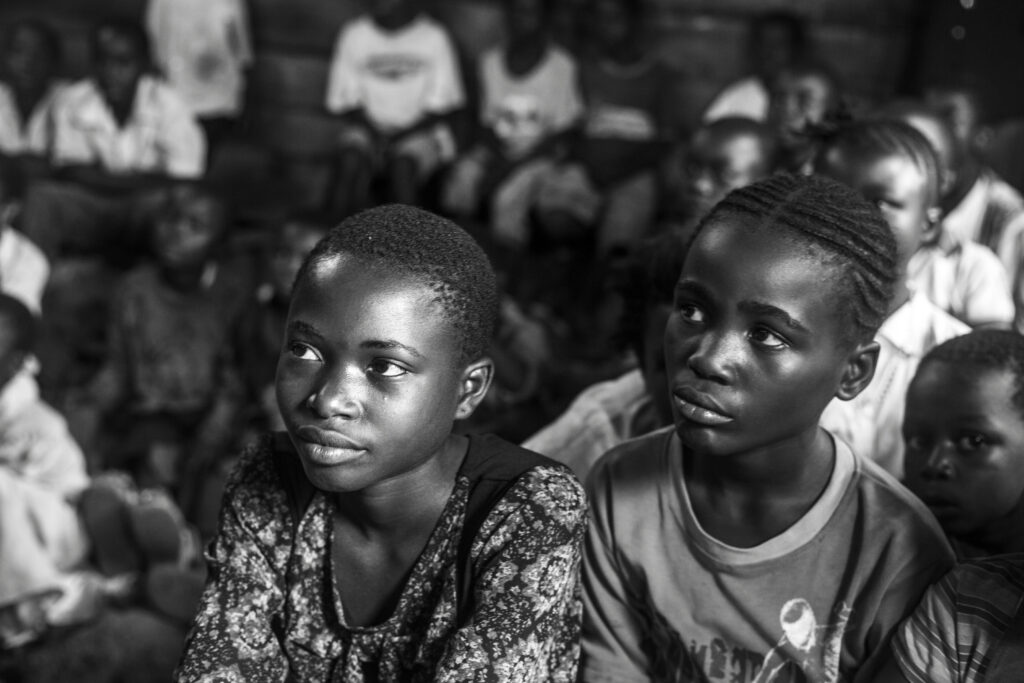The area served by Comfort Congo schools has been described by the Congolese Education Statistics Unit as ‘experiencing recurring insecurity linked to the activism of armed groups, a theatre of several wars which caused instability of men, structures and infrastructure, and faced with difficult access to drinking water, low agro-pastoral and fishing production, inadequate and dilapidated infrastructure of health and education, low income, unemployment, precarious housing, destruction of environment, insufficient energy resources (firewood and electricity), social, political and customary marginalization of women, the prevalence of HIV/AIDS, illiteracy of adults especially women and a poverty rate of 73%.’ It is clear, therefore, that providing education to children struggling to access schooling is a crucial factor in bringing hope and a future to North Kivu.
Comfort Congo is now running 173 schools providing education to approximately 39963 pupils, 17421 of which are girls. The impact of this is clearly significant. The challenge Comfort Congo faces is that the schools are directed at the poorest sectors of the communities and many many children’s families cannot afford any fees which enable the teachers to be paid. With the schools rarely turning children away due to their open-hearted policy and attitude it is only the sacrifice of the teachers to work for minimal wages that keeps the schools functioning and we are full of admiration for them. Our sponsorship support of teachers in six of the schools is not nearly enough to help all the teachers but does make a huge difference to those we can help.
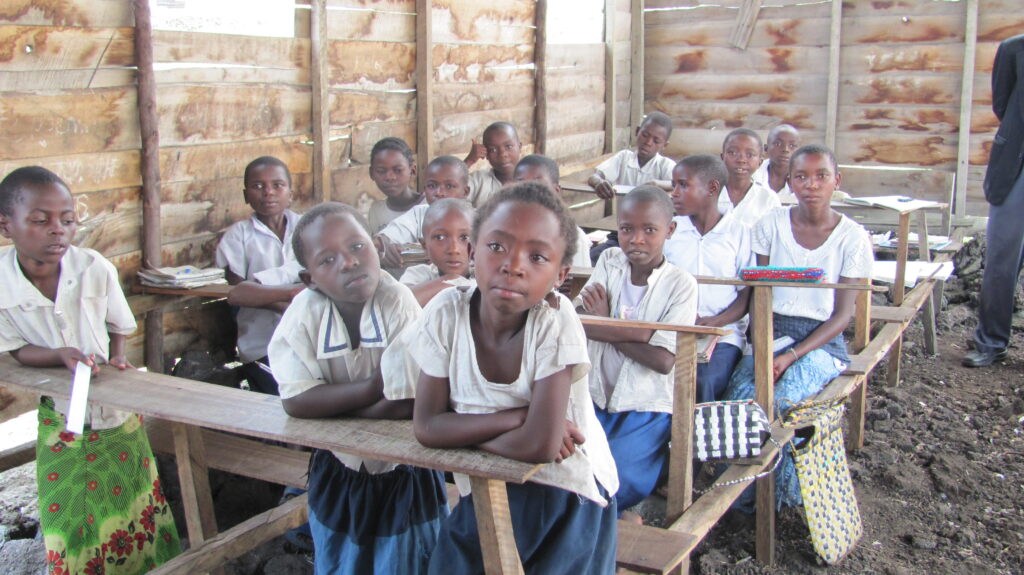
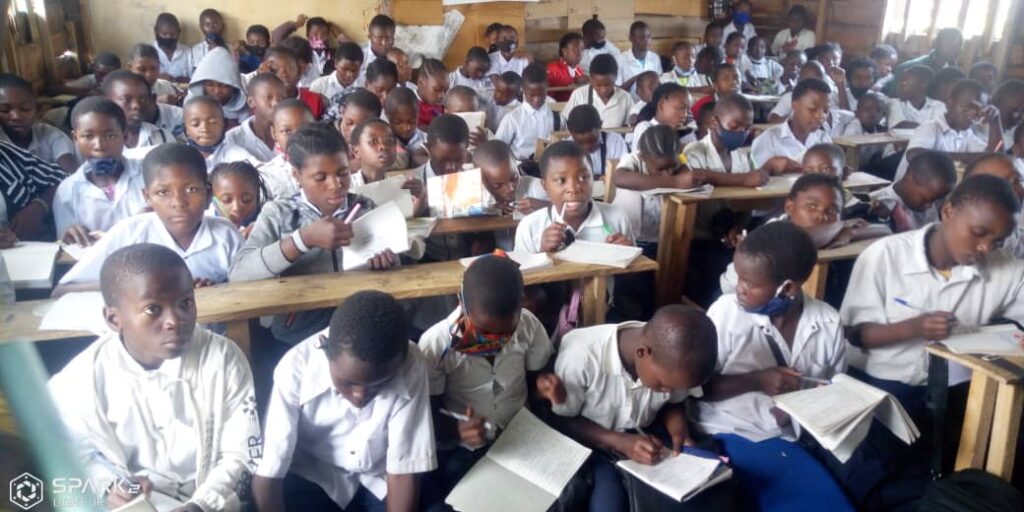
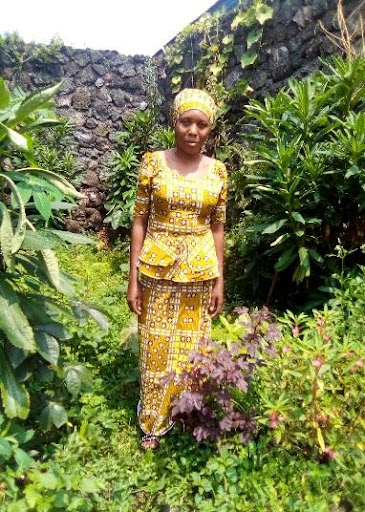
The mix of challenges faced and overcome can be seen in what one teacher, Manishimze Divine (shown left) says to her sponsor – ‘My pupils have progressed well through my teaching and my teaching has been well developed thanks to the fact that most of my primary needs -starvation, clothes, and other have been reduced to a manageable level. Most of my pupils, 95%, are interested in my lessons as their attention to what is being taught is shown by their results. Even the pupils from neighbouring schools are finding it hard to compete with us at Walugaba School. Thereby, the pupils from here and there are coming to our school and unfortunately, we do not have enough desks in the classrooms for them to sit at and they have to learn standing up while others are sitting on the hard floor.’
The task of providing suitable school buildings and classrooms continues. The first classroom of the new Rubaya School (new land shown top right) is under construction with the roof presently being added. We are passionate about the need for this school in the midst of an area of conflict and distress and hope very much for the next five classrooms to follow! We have also now sent the fifth instalment for the purchase of the land and school buildings of Kambize and Kisima schools which had been under threat. This is a long term investment of $100,000 in the education of thousands of children. There are many other needs for new classrooms – do pray for resources for those that the children would have decent classrooms to study in.
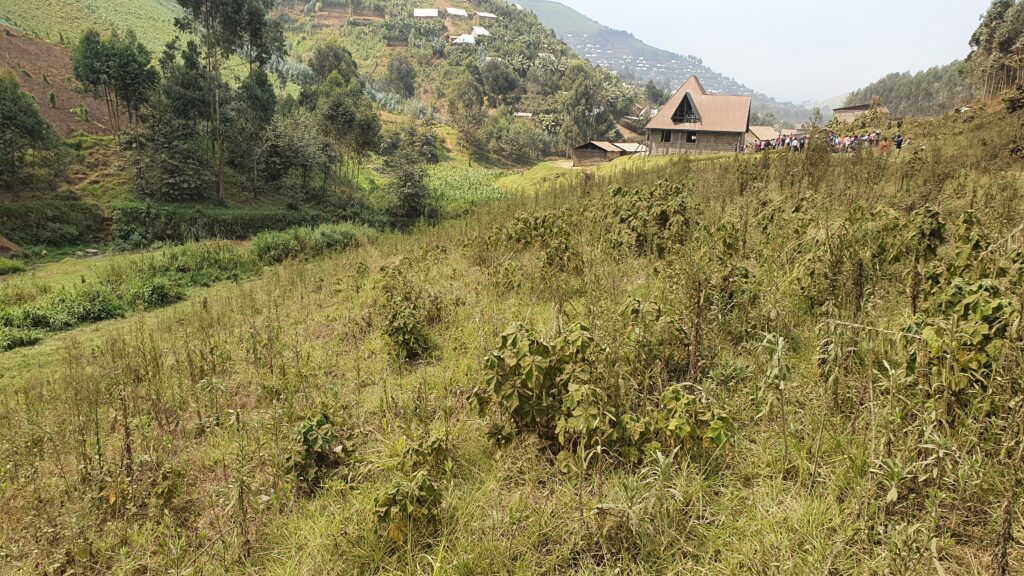
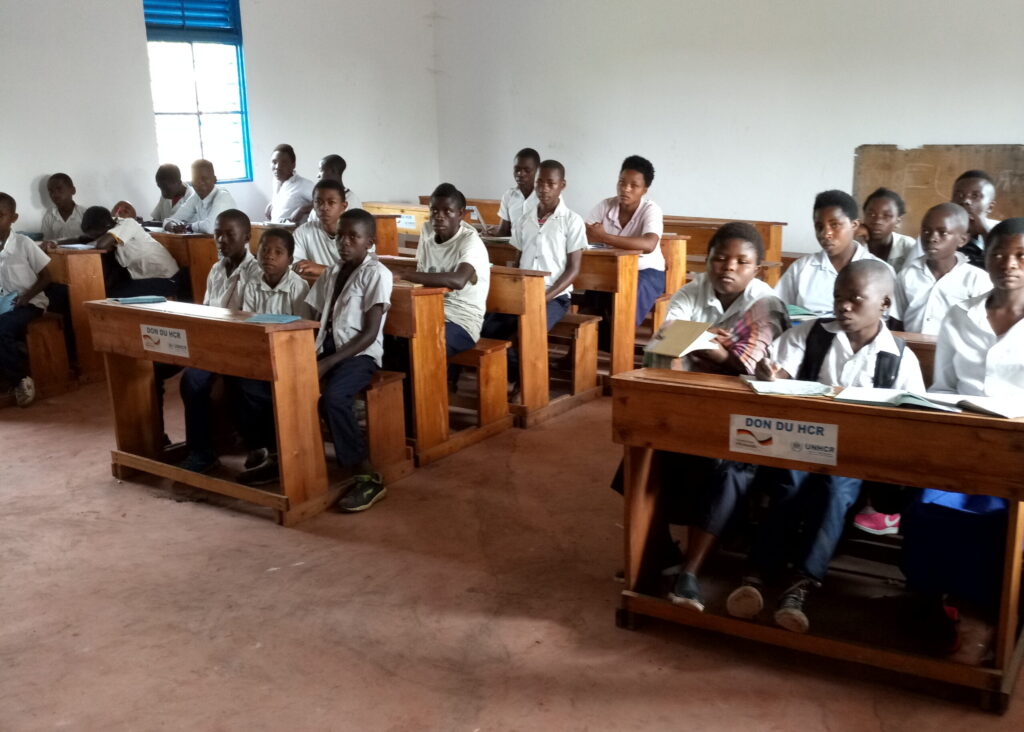
We have now developed another option to encourage support for the schools. We believe that sponsoring a teacher and thus securing education for a class of 50-100 children is hugely important and want to give every opportunity for people to get involved in changing the futures of a whole class of children. The ‘Adopt a Class’ sponsorship now gives a person (or school) the opportunity to sponsor the actual class, which will in turn help support the teacher and resources for that class.
